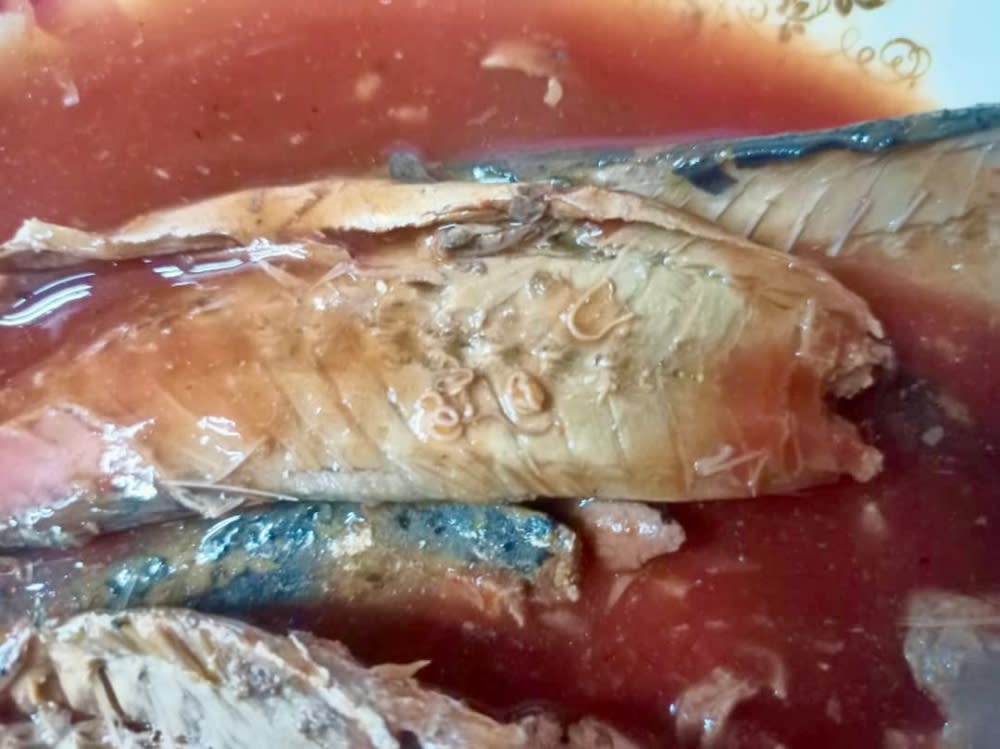Quarantine agency says parasitic worms detected in canned sardines imported from China via Singapore

JOHOR BARU, April 25 — The Malaysian Quarantine and Inspection Service (Maqis) said today it detected parasitic worm contamination in a batch of canned sardines that were earlier seized at the Customs, Immigration and Quarantine (CIQ) Complex at Bangunan Sultan Iskandar (BSI) here.
In a statement, Johor Maqis director Edie Putra Md Yusof said that the parasitic worms, identified as Anisakis sp, were detected in samples from 16,320 kilogrammes of canned sardines imported from China.
He said the canned sardines, valued at RM83,879.84, were initially seized from a lorry from Singapore earlier this month as it was brought into Malaysia without an import permit.
"Following the seizure, the canned sardines were detected to contain the Anisakis sp parasitic worms during a laboratory analysis by the Chemistry Department on several samples.
"Further checks by Johor Maqis enforcement officers confirmed that the remainder seized batches of the canned sardines were also contaminated,” said Edie Putra in a statement here,
The Anisakis sp worms cause the anisakiasis disease in humans. The disease normally occurs when humans eat raw or undercooked seafood such as fish infected with the Anisakis sp parasite.
Anisakiasis is a parasitic and zoonotic disease brought about by a congenital fish causing the Anisakis sp worm (nematode) that attacks the gastrointestinal system such as the stomach and intestines of humans. It can cause gastrointestinal problems or symptoms such as abdominal pain, diarrhoea, nausea and vomiting.
Edie Putra said the act of importing any plant, animal, carcass, fish, agricultural product, soil or microorganism with pests, diseases or contaminants was an offence under Section 14 of the Malaysian Quarantine and Inspection Services Act 2011.
"Those found liable can be fined not more than RM100,000 or jailed not more than six years or both if convicted,” he said.
Maqis also said it is committed to carrying out enforcement at the country’s entrance points to ensure that the safety of agricultural products entering the country complies with the conditions and regulations to ensure national food security.



